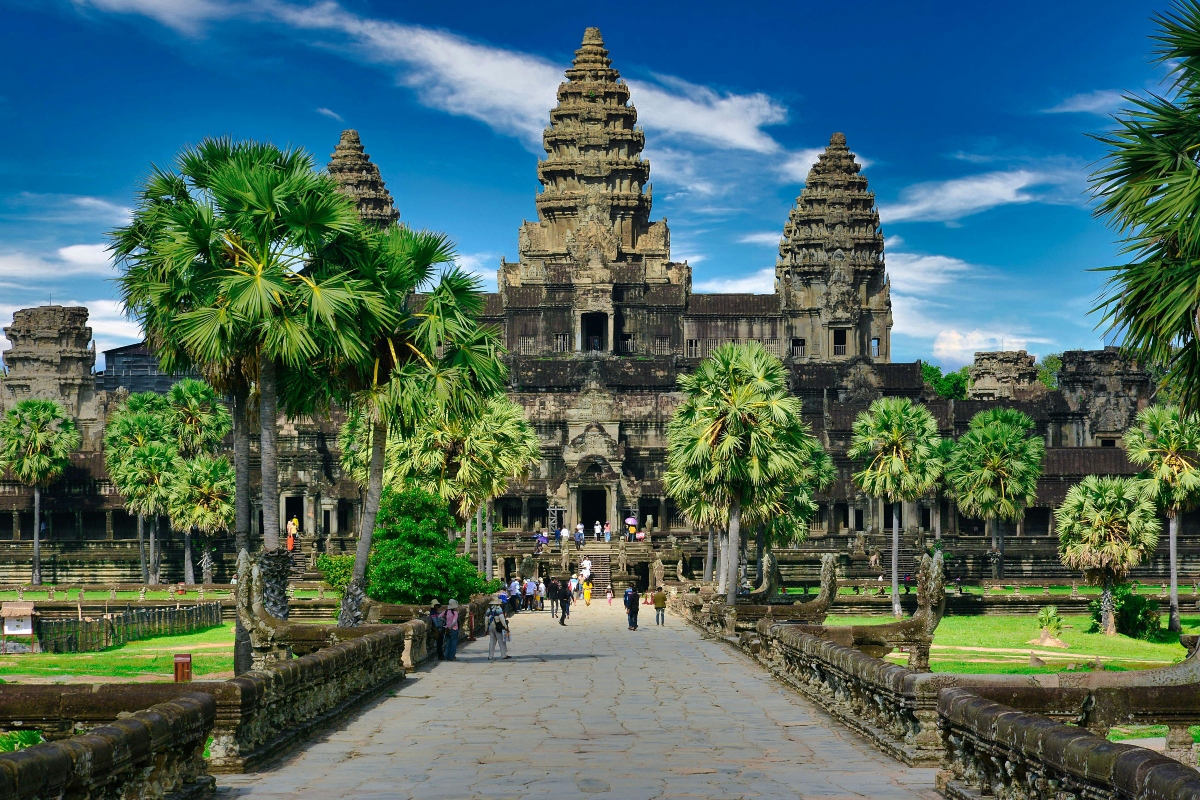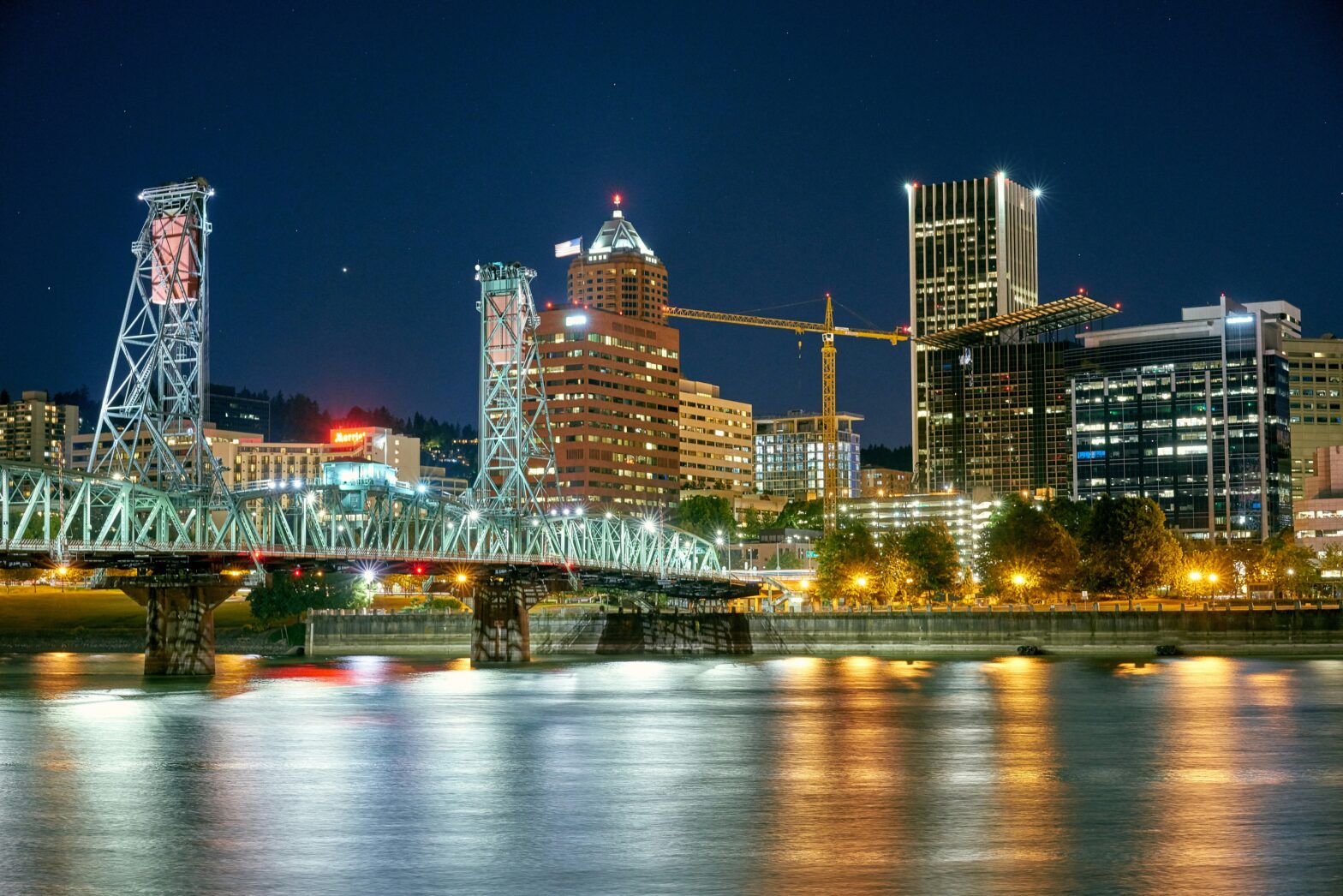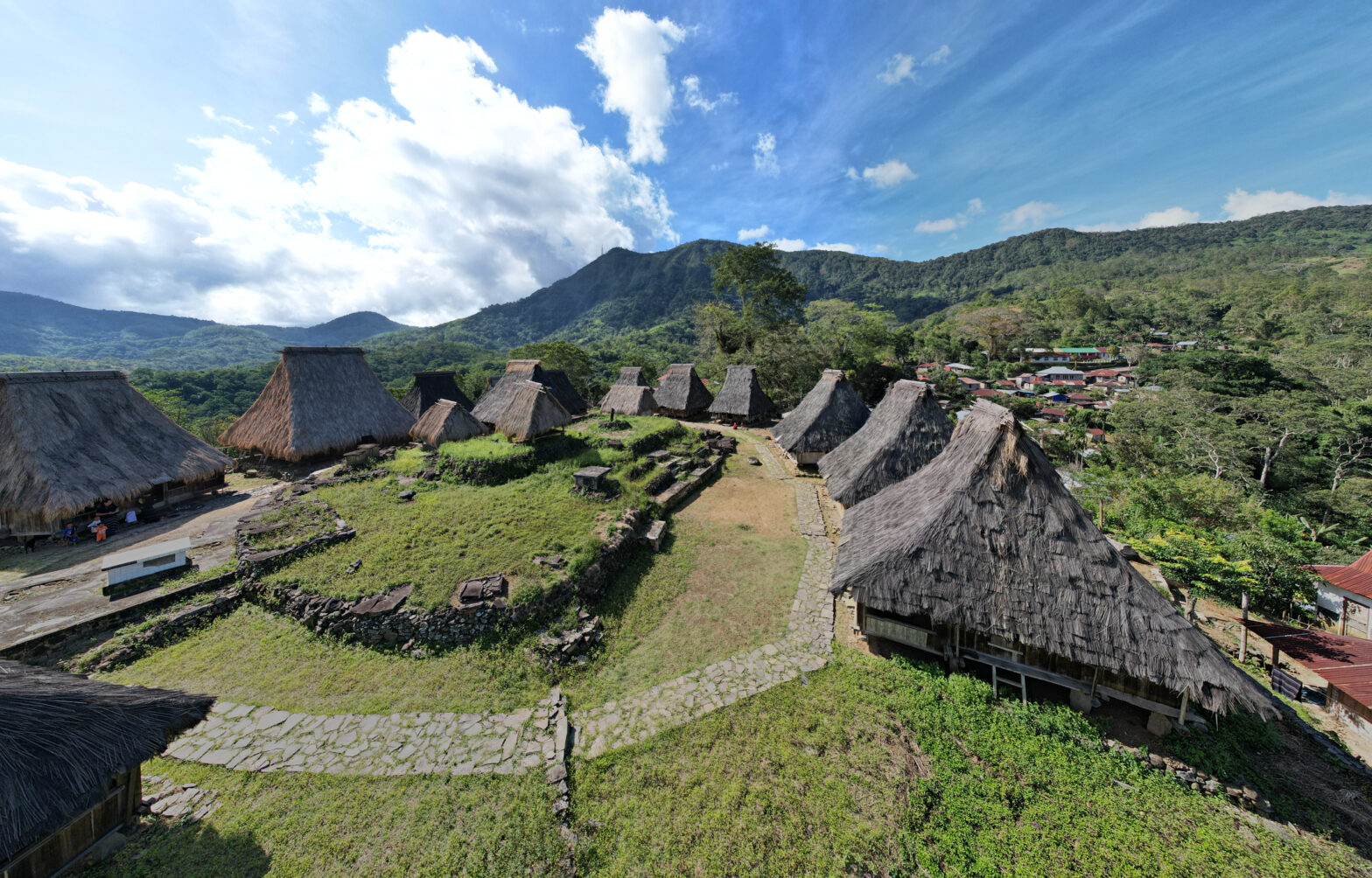A recent trend of tourists reenacting the popular mobile game Temple Run at Cambodia’s Angkor Wat temple complex has conservationists and historians fuming. Angkor Wat is the largest religious monument in the world. It’s the architectural brilliance of the Khmer Empire. Built by King Suryavarman II in the early 12th century, the temple complex is a major tourist attraction.
The UNESCO World Heritage Site is a place of immense cultural and spiritual significance for Cambodians. However, the site’s preservation is now at risk. The danger is due to a new wave of social media-driven tourism. TikTok users have been filming themselves running through the temple’s narrow pathways. They have also leaped over ancient structures, mimicking the gameplay of Temple Run.
What Is The Temple Run Trend?
The trend involves tourists sprinting through the temple complex, often with added sound effects from the game. Some videos have garnered millions of views. Such social media fame inspired copycat attempts and raised serious concerns about the potential physical damage to the ancient stones. Simon Warrack, a conservation consultant with three decades of experience preserving the Angkor ruins, expressed his alarm.
“You wouldn’t run through St. Peters in Rome or any western church. So why is it okay to do it in Cambodia?” said Warrack. “It’s not just potential damage to the stones by people bumping into them and falling or knocking things over — which is real — but it’s also damage to the spiritual and cultural value of the temples.”
The Bigger Problem With “TikTok Tourism”
This incident highlights a growing trend of “TikTok tourism,” where visitors prioritize creating viral content over respectful exploration of cultural sites. A recent American Express survey found that about three in four millennials and Gen Zers have participated in social media trends while on vacation. Around half admit they want to show off their travels to impress followers. While some Cambodians believe the trend will benefit tourism, which has fallen since the COVID-19 outbreak, conservationists urge swift action to protect the site.
They suggest implementing stricter regulations, increasing visitor education about the site’s cultural significance, and potentially limiting access to certain areas to prevent further damage. As of now, neither Cambodia’s Ministry of Tourism nor the APSARA National Authority (Authority for the Protection of the Site and Management of the Region of Angkor) has issued official statements regarding the incidents.





